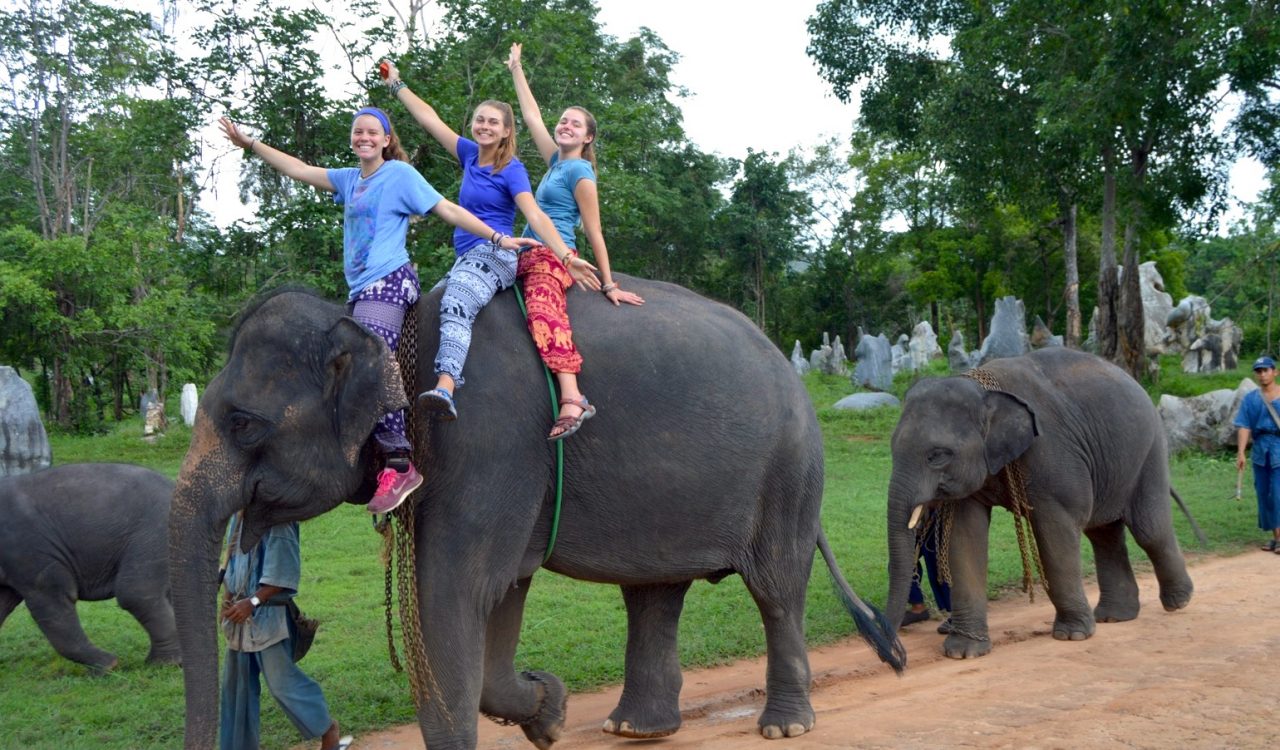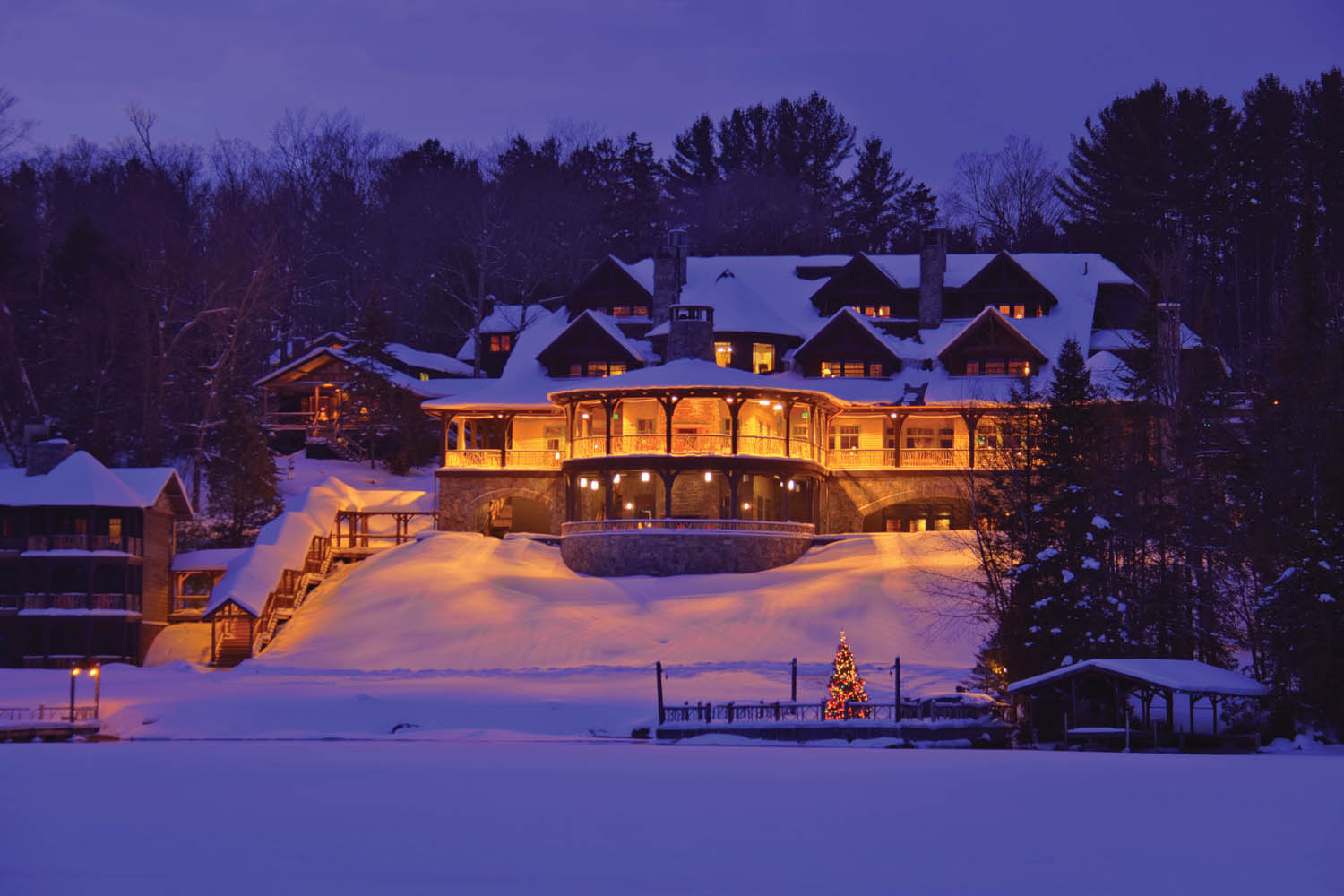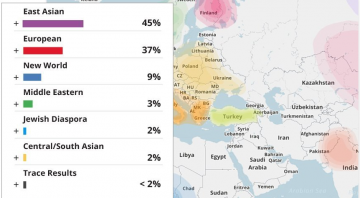Mistakes Parents Make When Choosing a Camp
 Making a decision about where to send your child to camp can be completely overwhelming. So we decided to get some tips from an expert: Sue Ellen Greenberg, The Camp Lady at Student Summers.
Making a decision about where to send your child to camp can be completely overwhelming. So we decided to get some tips from an expert: Sue Ellen Greenberg, The Camp Lady at Student Summers.
 Over the years, I have had clients come to me after their children have had a less than satisfactory experience. Choosing the right camp will ensure a great summer for not only this summer, but for years to follow. I have been in the business of helping families choose the perfect camp/program to best suit their needs for over 16 years.
Over the years, I have had clients come to me after their children have had a less than satisfactory experience. Choosing the right camp will ensure a great summer for not only this summer, but for years to follow. I have been in the business of helping families choose the perfect camp/program to best suit their needs for over 16 years.
Here are only a few mistakes that I have found parents make when choosing a camp:
1. Choosing a camp based on the fact someone you know had a good experience there.
Every camp, like every child, has its own personality. What works best for your friend’s child may not work best for yours. Consider the camp emphasis and the type of scheduling the camp has to offer. What would best benefit your child’s interests and personality? A very structured schedule where children travel with their bunk most of the day or one where they choose their own daily activities? A well-rounded camp or one with an emphasis on sports or the arts? I’m sure you’ve heard people say, my kids go to the best camp! Just remember, what’s best for them…may not be what’s best for your child. In the end, after your child attends camp, their camp will be the best camp too.
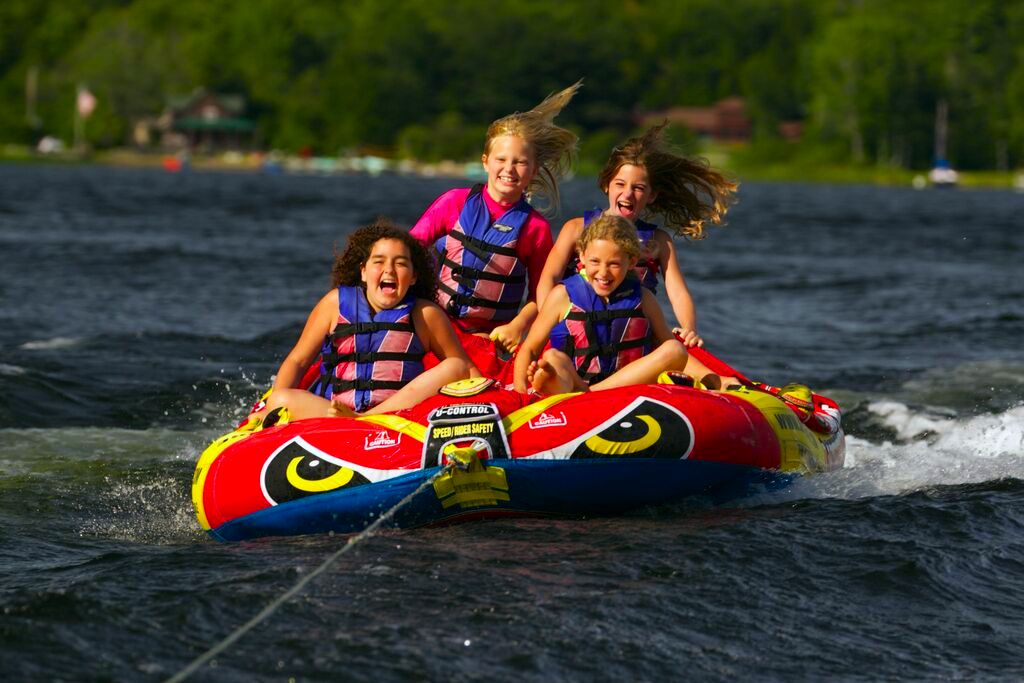 2. Choosing a short camp.
2. Choosing a short camp.
So many parents start the conversation with me by saying, “I am looking for a short (1-2 week) camp because it will be my child’s first time away from home.” That is actually the reason not to pick a short camp. One to two weeks are just not enough time to acclimate to camp life, form life-long friendships and try all of the great activities camp has to offer. I find most of the time parents are looking for a short camp because they are afraid they will miss their child. I can assure you: it’s hard at first, but it gets easier. Your children will be having so much fun they will not even know how long they have been there. In fact, many times children ask to extend their stay (which most camps will allow this if/when the space is available). Plus a longer stay at camp actually costs less per day.
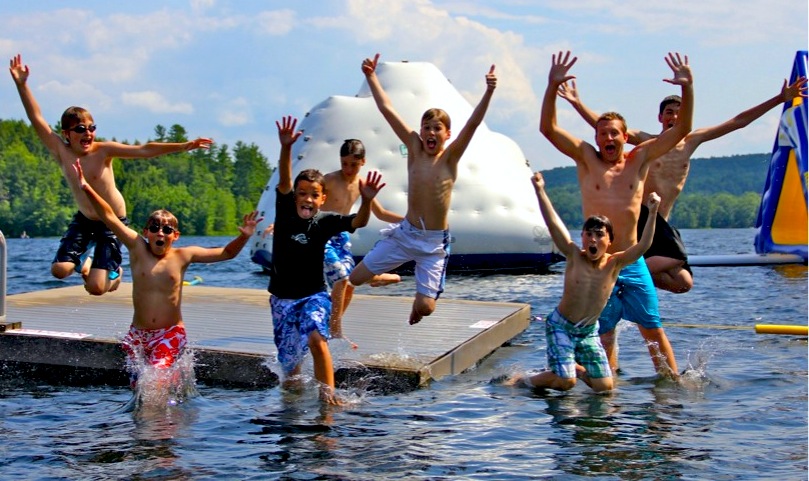
3. Choosing a camp by its website.
Marketing at one time or another has fooled us all. We all know a small lake can be altered to look larger than it is. Keep in mind one camp may have updated its website this summer while another may have put money into a great new building that is not shown. Activities are often added and deleted and it is important to know what is current to a camp. Take the time to call the camp and ask questions.
4. Not “meeting” the owners/directors.
To me, this is the MOST IMPORTANT THING. Who is watching your child while at camp? What type of counselor training do they have? If you are lucky enough to start the process early, you can visit camps the summer before while in action to meet the owners/directors, see the facilities and check out the campers. If you are looking for camp this summer, ask for a home visit. It is not only beneficial to you and your child to know who will be “taking care of him or her,” but it will also help the owner/director get to know your child and place her or him in the right bunk.
Should Children Specialize on One Sport? The AAP Says “No.”
Wake Up Parents: Childhood Obesity: It Gets Worse in the Summer.
15+ of Our Favorite Family Games
Explaining to My Daughters Why I Work
Read This Before You Pop a Sleeping Pill
Curious About Your Roots? Try One of These DNA Kits
Costa Rica Adventure: Beaches, Volcanos, Monkeys and More!

